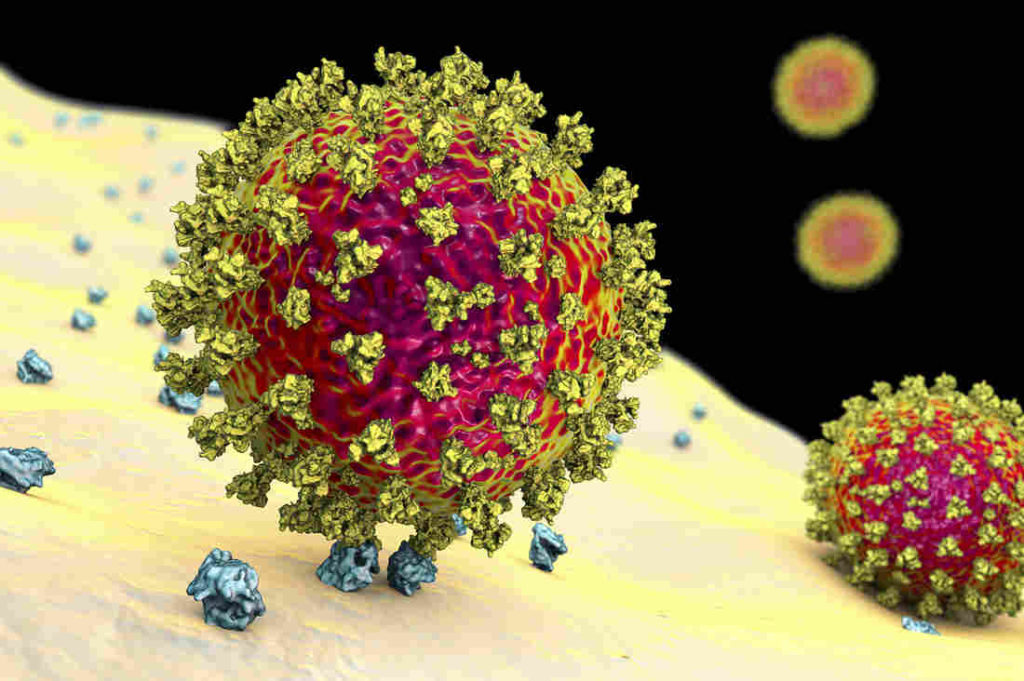Ugandan scientists studying new covid variant


Covid-19 coronavirus binding to human cell, conceptual computer illustration. SARS-CoV-2 coronavirus (previously 2019-nCoV) binding to an ACE2 receptor on a human cell (not to scale). SARS-CoV-2 causes the respiratory infection Covid-19, which can lead to fatal pneumonia. ACE2 (angiotensin-converting enzyme 2) is a membrane-bound aminopeptidase, the key host receptor for the spike glycoprotein of SARS-CoV-2 which serves as initial step in the development of coronavirus infection on a cellular level and a potential target for treatment strategy.
By Ritah Kemigisa
Ugandan scientists are currently studying the new covid variant that continues to spread globally.
At least 20 countries in Europe, Asia, Australia, and other territories have reported infections involving the new strain, including South Africa, the first country in Africa.
The ministry of health spokesperson Emmanuel Ainebyoona says the scientific advisory committee is working with all scientists in the country to study the genetics of the new strain to ensure the country has no imported case.
The new strain first reported in the UK has 14 mutations that cause a change in protein building blocks (amino acids) and three deletions (missing bits of genetic code).
While it appears to be more transmissible, scientists say there is no evidence that it causes more severe illness.







